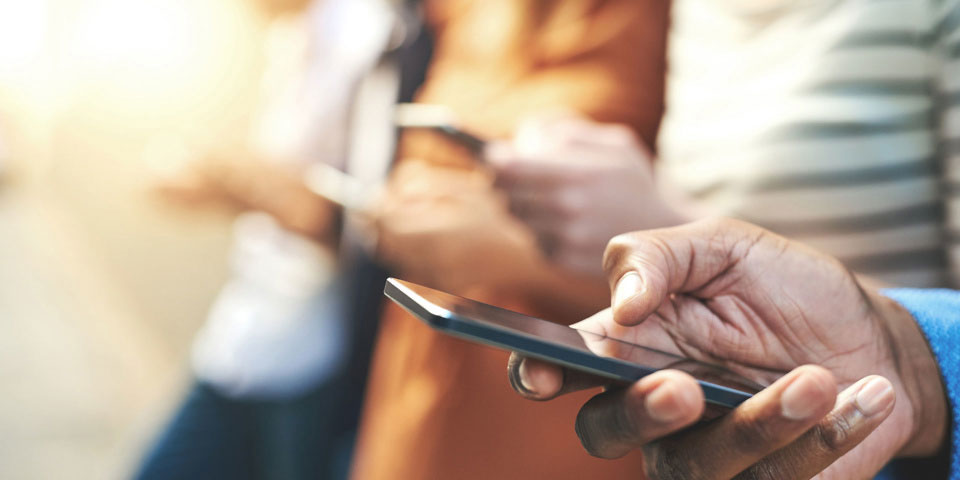Your cart is currently empty!

The Pros and Cons of Quitting Social Media
There’s a growing movement of doing social media detoxes. If you read Cal Newport’s Digital Minimalism. You’ll know why the author doesn’t have social media at all. I’m not one to be extreme as I have social media and I believe that it is an essential way to communicate with others. At the same time, I know of the dangers of checking my Instagram to see how many likes I got every 30 seconds. I’m going to leave the decision of whether to quit social media up to you. Here are some pros and the subsequent cons for quitting social media.
Too Much Information
Every notification popping up on your screen can feel like information overload. Content continues to flood in every minute in the form of written word, videos, images, and more. I’m sad to say that this blog post is a part of the noise. There’s no way you can read it, see it, hear it all, but you’re kind of expected to do it.
Missing Important Information
As mentioned above, social media is how a lot of people connect. A lot of events are planned and executed with social media. If you don’t have an account you risk not being invited to social events like parties, weddings, and even business events that you would have never been able to discover otherwise. You may say to yourself, “If someone really cared about me, they’d call.” Sure, in a perfect world. It’s actually not their fault that you decided to not use a medium that are using for communication. If you have a cell phone, but your friends want to make a Facebook event, you’re at fault for distancing yourself from the method of communication made by those close to you.
Presence in Real Life
You may not want to be on social media because you value face to face connections. I couldn’t tell you how many times I’ve gone to dinner with friends only to sit around the table with our phones out. Sometimes it’s best to be present with the people you are enjoying life with, but it’s hard with notifications buzzing in your pocket.
Disconnection from Others
This follows up with our last consequence. Usually when you quit social media, it means you’re quitting one of the main sources to stay in contact with people. The time that you spend off of Twitter has to be replaced by something else. If you’re not initiating meetups (through your phone), and spending more time watching Netflix, you’re really not benefiting from disconnecting from social media.
Avoid Unwanted News
One thing I hate about Facebook is that it updates me on news I never wanted. you can try to avoid this, but friends may share the same ignorance you’re trying to avoid. The previous presidential election was a perfect case study of how a major event can be manipulated on social media. The consciousness of knowing what’s real and what’s fake and point out the fake can get annoying. Might as well turn it off altogether.
Stay Out of the Know
There’s one thing to avoid news and another to avoid all news. If something happens on social media and it comes up in a water cooler conversation, you run the risk of not being able to participate. There will also be a lot of cultural references, memes, jokes, and other pieces of information that you won’t see outside the major networks. This ignorance to what’s trending may cause a further divide.
Conclusion
Sometimes you have to take the good with the bad. I wouldn’t advise doing anything extreme like completely shutting off social media, just like I wouldn’t say to keep your eyes glued to your timeline. Everything should be done in moderation. If you see something you don’t like, don’t hit the nuclear button. It’s easy to unfollow or block the content that becomes a hindrance to you.
